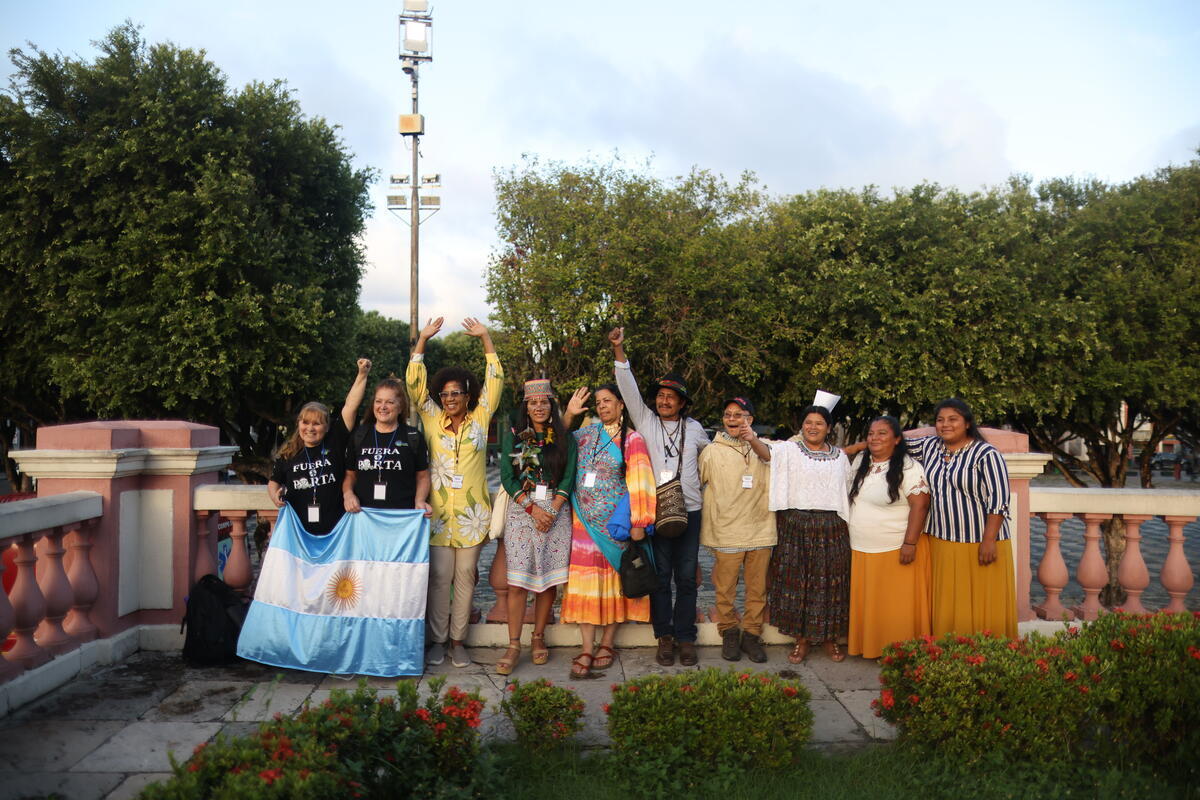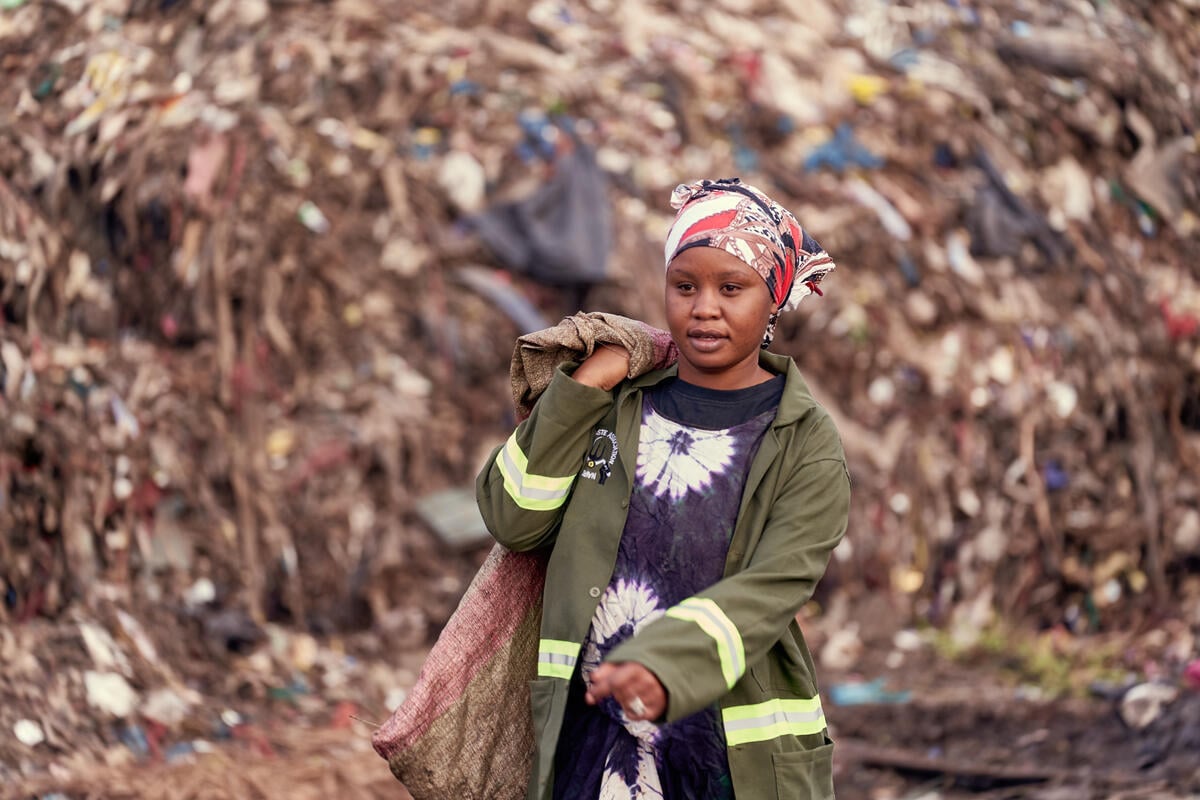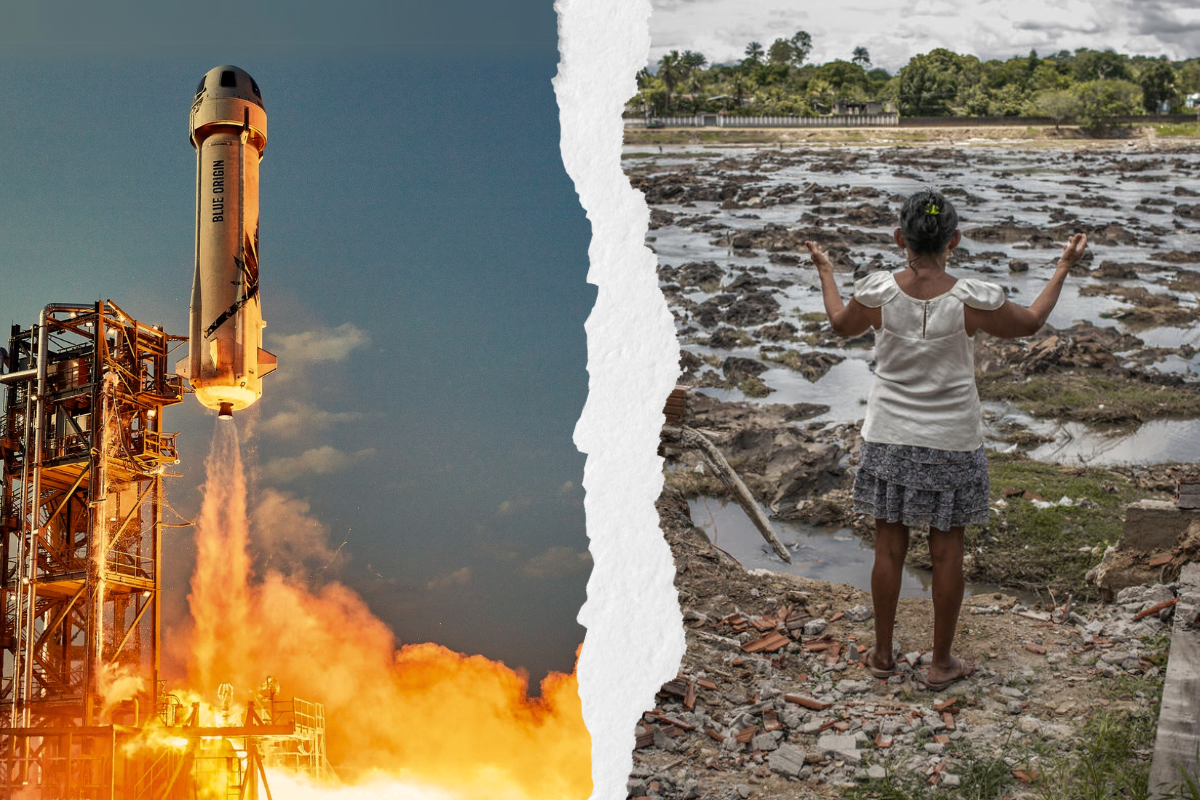Industrial pollution is a severe threat to water resources around the world, particularly in the Global South where the view prevails that pollution is the price to pay for progress.
The only way to address these hidden dangers in our water is through a preventative approach: Taking action to phase out the use and discharge of hazardous chemicals, rather than attempting to control the damage with end-of-pipe treatment methods.
Greenpeace’s call for ‘zero discharge’ is built upon three decades of exposing and addressing the problems of hazardous chemicals. Case studies from the Global North show the extent to which persistant and bioaccumulative chemicals have contaminated entire regions. If we fail to learn from the mistakes of the past, then we are doomed to repeat them. This is especially the case in those regions of the world where much chemical and manufacturing production has now relocated – namely, Asia and the wider Global South.
Greenpeace is calling on governments to adopt a political commitment to ‘zero discharge’ of all hazardous chemicals within one generation, based on the precautionary principle and a preventative approach to chemicals management.
‘Hidden Consequences: The costs of industrial water pollution on people, planet and profit’ [PDF]



